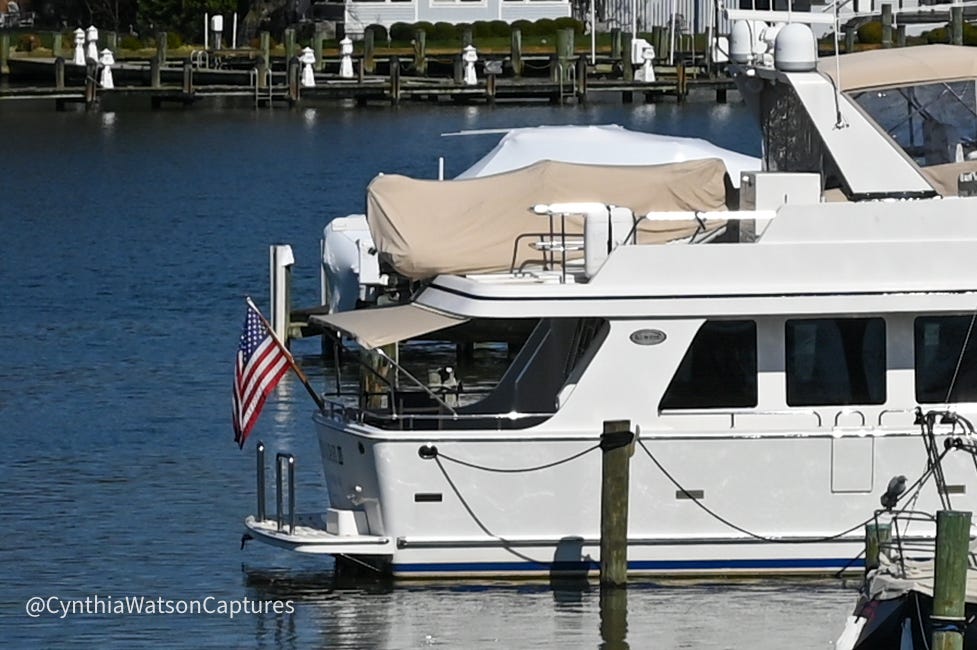I received a note from an ACC loyalist on Friday evening following my column on the turnaround in Senegal’s election tale. The reader visited the west African state in 2009, courtesy of the required study dedicated examining of a country while he was at the National War College. He offered interesting observations about how we were received there and what he learned were the pitfalls for the fledgling democracy.
Yesterday Senegal held its presidential election as anticipated. It was a month after originally scheduled but the outgoing President met his revised date. The victor was a 44 year old former tax assessor and recently released critic of the government, Bassirou Diomaye Faye. A fortnight ago today he was in prison for contempt of court and defamation. The ruling party candidate, Amadou Ba, conceded gracefully, wishing Mr. Faye success in governing the nation for the sake of the Senegalese. Consider the spate of disputed elections around the world, much less tensions characterising political competition in the twenty-first century, Ba’s words were as surprising as Faye out-and-out victory.
The process was not without intrigue, however. Another candidate who could not actually run for office because of an accusation of rape supported Faye’s candidacy but time will tell what role that supporter, Ousmane Sonko, plays in a Faye government. The Senagalese election authority took the accusation seriously enough to bar him from the ballot but his is a popular figure who is an ‘outsider’ in the same vein as Faye.
At times in the past, Americans appeared to believe that merely holding an election equated to democratic rule. Senegal appeared two months ago on the precipice of cancelling elections but managed to carry it off with little evidence of intimidation, corruption, or violence. The key, however, will certainly be how Faye governs.
Faye is a novice. He has the strong Senegalese civil society a former U.S. Ambassador to Dakar noted to me as a reason for optimism about the election; seemingly that civil society will hold the same expectations for good governance and the integrity of institutions. Yes, Senegal faces corruption issues and structural problems of a middling economy. What economy doesn’t face headwinds?
But Senegal is not currently a place resorting to violence at every turn. That danger is a major obstacle towards democratic rule when losers turn to the gun or knife instead of respecting the laws of their nations. Will this pattern last? Our ACC reader who visited in 2009 commented that personal safety was actually one of the most impressive things about his experience.
Indeed, the proof of democracy is often whether people’s lives improve. Faye will confront an economy still dependent on the volatile export markets. He will also have to collect taxes (his former role) which is a perennial difficulty anywhere around the globe. He enters office with a leg up, at this point, because he opponent conceded and he won a majority on his own. Our ACC reader mentioned above commented that personal safety was actually one of the aspects of the country most impressing him in 2009.
Three cheers for a hopeful outcome. Not naïveté or unreasonable exubrance but optimism. We could use some of that on democracy these days. But we need understand it is a long, long, long term effort rather than a single election.
Struggling through the many hurdles for democracy is a never ending project. How long do we need hold our breath before we feel Senegal has made it? I welcome your comments on this or any other ACC column. That is the point: civil, measured thought on topics of some relevance to our world. Thank you for reading this. Please circulate it if you’d find it of value.
Have a beautiful week. I started with coffee and Eleanor this morning but am so happy to see the flag this afternoon in sunlight.
Be well and be safe. FIN
Cynthia Watson, ‘Civil Society win?’, 24 March 2024, https:// cynthiawatson.substack.com






Exactly.
Fingers crossed.
Cliff